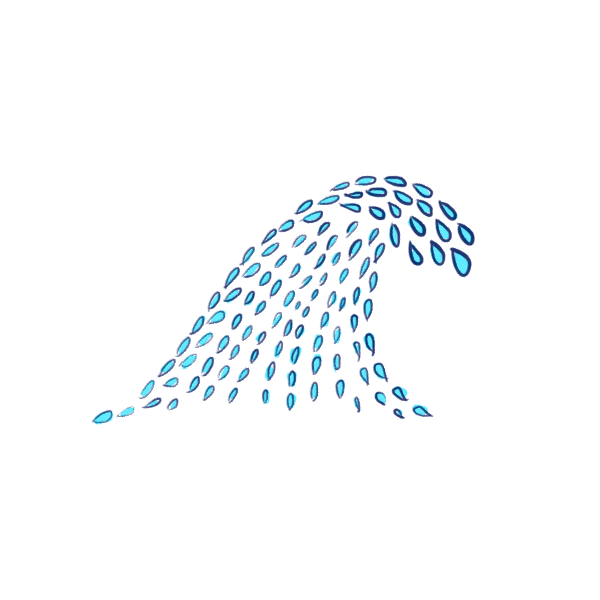
Fulfill your CSR objectives, SDG 14, and save the ocean
Win-win-win
In recent years, many new terms have been introduced into the world of business. Corporate social responsibility (CSR), sustainable entrepreneurship, meaningful entrepreneurship, social entrepreneurship - you name it. Loosely translated, all these terms reflect a company’s commitment to have a positive impact on society and/or the environment. Something more and more organisations consider to be important.
Not only companies realise that we need to move towards a more sustainable society. In 2015, the United Nations established the Sustainable Development Goals (SDGs). These 17 Sustainable Goals provide a global compass for governments, organisations and individuals to navigate contemporary challenges such as peace and security, inequality, and our climate crisis.
Sustainability in your company
Great. But how can the SDGs help your organisation with its sustainability goals? And what does Dopper have to do with it? That, and more, you can read on this page. You'll find information about achieving your sustainability goals, how to contribute to achieving SDG 14 with your organisation, and how you can save the ocean - all at the same time (hero).
In case you're wondering why exactly Dopper is involved in all this, you can read more about that on our About Dopper page. In short: we're on a mission to ban single-use plastic water bottles to protect our world's waters. And we'll do our very, very best to get your organisation on board too.
Merijn Everaarts (founder Dopper)
“I believe that doing business with the sole aim of getting rich no longer fits in our current world. The global challenges, especially when it comes to climate and sustainability, are so big that companies also need to be aware of the impact that they have on the rest of the world. I'm convinced that we can make a difference if we all contribute to a better world, something that will ultimately make everyone happier.”
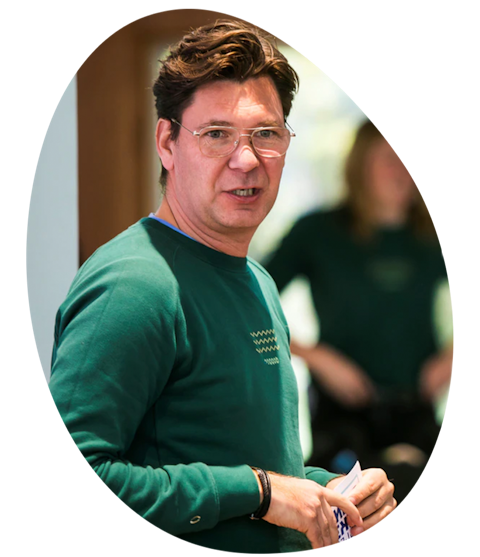
Sustainable Development Goal 14: Life below water
Did you know that if we continue to pollute at the current rate, by 2050 there will be more plastic than fish in the oceans (by weight)?
Ocean acidification, overfishing and oil and plastic pollution are all contributing to the loss of biodiversity in our waters. SDG 14 (number 14 of the 17 development goals) is dedicated to protecting the oceans and ensuring sustainable use of maritime resources to protect the health of our oceans.
As ocean lovers, we think this is an excellent initiative. But even if salt water isn't your cup of tea, healthy oceans are of vital importance. Literally. Oceans produce half of the oxygen we breathe and act as carbon absorbers, an essential function for combatting climate change.
Want to know more? Read more about SDG 14 on the United Nations website.

Target 14.1: Prevent pollution of the sea
‘Protecting the oceans’ is a bit of a broad concept. That's why each of the 17 SDGs comes with specific targets. The first target for SDG 14 is:
"By 2025, prevent and significantly reduce marine pollution of all kinds, in particular from land-based activities, including marine debris and nutrient pollution.“
Basically, stop throwing sh*t in the sea. Sounds feasible. Yet some 8 million tons of waste end up in the oceans every year. As a result, a ‘floating garbage patch’ has formed in the northern Pacific Ocean. This soup of waste has a size of 3.5 million km² - in other words so big you can't even imagine it. To illustrate, it's about 45 times the entire surface area of the Benelux or 6 times the surface area of France. Yikes.

What is plastic soup?
A common misconception is that this ‘floating garbage patch’ forms a neat floating island in the ocean. Unfortunately, this is not the case (that would have made cleaning it up a lot easier). Instead, the pollution consists largely of very small pieces of plastic – called micro- or nanoplastics. Hence the frequently used term 'plastic soup'.
Micro- and nanoplastics are pieces of plastic no larger than half a centimetre, but often so small that they cannot be seen with the naked eye (for more information, see the Plastic Soup Foundation website). The plastic soup is a constant threat to marine life. It can also cause you to ingest plastic by consuming fish that swim around in this plastic soup.
How your plastic waste ends up in the ocean
While most people find these facts quite shocking (and rightly so), they don't necessarily see how they themselves can help solve this problem. After all, they don't go around dumping plastic into the sea. Unfortunately, the single-use plastic water bottle that you throw away can still end up in the ocean. For example if it's picked up by the wind during waste transport. Read more about this on the WWF website.
Searching for a solution: the birth of Dopper
The solution? Don't use single-use plastic water bottles, so you don't have to throw them away either. That's what Merijn Everaarts (founder of Dopper) thought back in 2009 after he saw a documentary about plastic pollution. He wondered: why would you buy bottled water when there is excellent water coming straight from the tap in the Netherlands as well as many other countries worldwide? All you need is a refillable water bottle. And so, he organised a design competition for the perfect sustainable drinking bottle. And BAM! In 2010 the Dopper Original saw the light of day.
Water bottle on a mission
Many people don't realise Dopper is a social enterprise. Everything we do, every decision we make, is based on our mission: empowering people to choose reusable over single-use plastic water bottles.
We empower people not just by creating the perfect sustainable water bottle. The bottle is just the start. Because we know it takes more than that for people and organisations to change their behaviour. That's why we invest a great deal of our time and resources in education programs, research and awareness campaigns about plastic pollution.
Of course, people can only choose a reusable water bottle if they have access to safe drinking water to fill it with. That's why every Dopper bottle sold contributes to clean drinking water projects in Nepal.
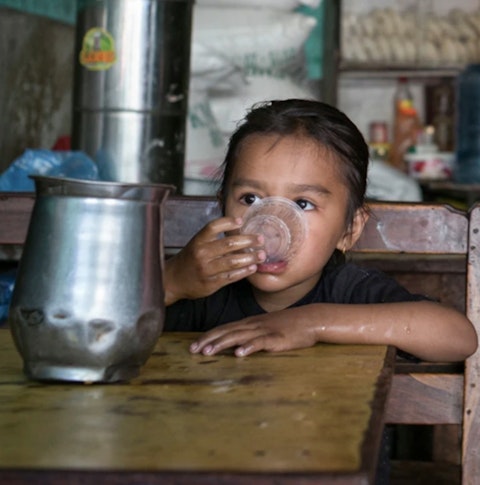
The world's first Cradle to Cradle Certified™ water bottle
A sustainable production process is an integral part of a sustainable mission. That's why all our bottles are Cradle to Cradle Certified™ (Silver for the Dopper Original, Bronze for the rest). The Cradle to Cradle certification is a global recognition for safer and more sustainable products made for a circular economy. In practice, this means that we apply a sustainability strategy in our product development. One that mimics nature's cycle in which "waste" is reused. And yes, our plastic Dopper Original is also sustainable. In fact, it was the first water bottle in the world to earn the Cradle to be Cradle Certified™ (Bronze) back in 2014. Curious how that works? Read more here!

Sustainable business operations
In addition to a sustainable product development process, we seek to make the most sustainable choice in everything we do as an organisation. We've been a certified B Corp (Benefit Corporation) since 2014, which means that we are officially part of a global community of companies who conduct business with one main question in mind: How can a company's day-to-day operations have a positive impact on employees, the community and the environment?
For example, we recently moved to a sustainable workplace, our customer service is provided by the Haarlem-based training company MEO and we are part of the GoodShipping program. This means we are helping the industry to shift to 100% renewable fuels as the new standard for overseas shipping.
Why you want to work with us
We totally understand if reading all this has made you super enthusiastic.* And that's great. Because working with Dopper not only results in karma points, but also contributes to SDG 14 - you know, the one about clean oceans -, and even SDG 6 (clean water and sanitation), SDG 12 (responsible consumption and production) and SDG 17 (partnership to achieve goals).
*We also understand if you'd like a more compact overview of all things sustainable within Dopper. In that case, click here.
Reach your CSR goals with the Dopper Wave
Ready to reach your CSR goals while saving the oceans from single-use plastics? The Dopper Wave is the perfect place to start.
The Dopper Wave is an international movement that invites organisations and individuals alike to stop using single-use plastic water bottles. A small change to our daily routine with a massive impact: cleaner oceans.
Over 2,000 individuals and companies like de Bijenkorf, bol.com, Ace & Tate, Tony's Chocolonely, the World Wildlife Fund and TOMS have already signed up, promising the following:
Ban single-use plastic water bottles
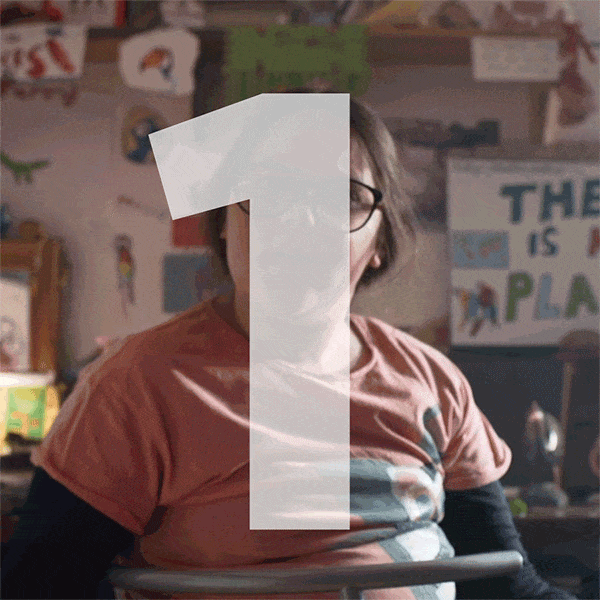
Drink from the tap whenever you can
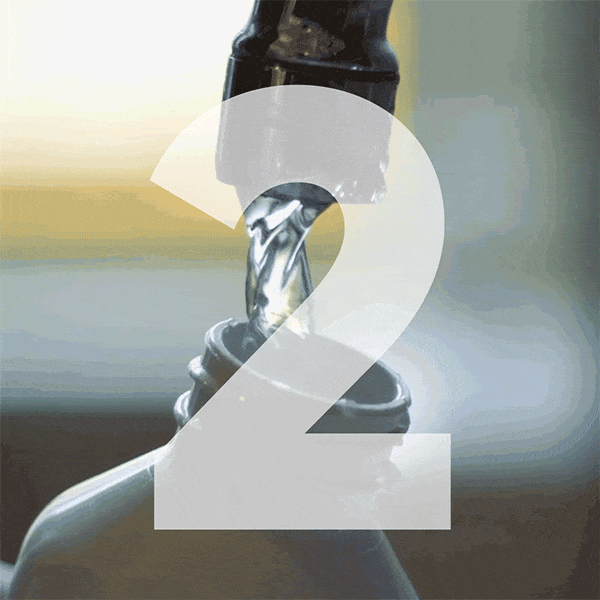
Always bring your own reusable bottle
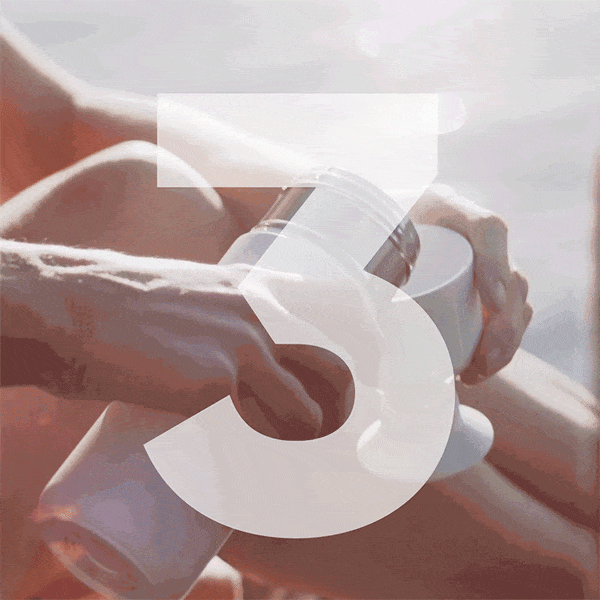
Encourage others to join the Dopper Wave too
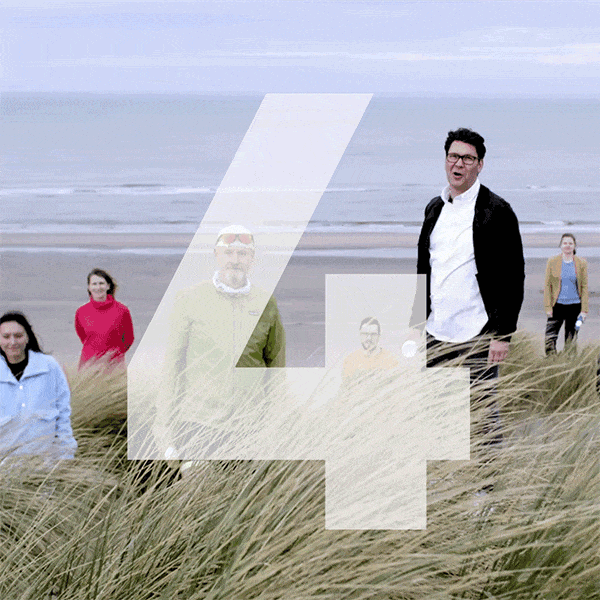
More information about the Dopper Wave can be found here. Or you can join the Wave with your organisation right now (it takes no more than 5 minutes). You will receive a personal pledge for your organisation and a toolkit with information, tips and images that you can use for internal and external communication.
Alternatives to single-use plastics
Recently banned disposable water bottles from your workplace? Or planing to do this soon? A reusable water bottle helps your team take this sustainable step. Coincidentally (okay, not coincidentally) we have the perfect bottle for every situation. Glass, stainless steel, large, small, thermos or lightweight. Customisable with your text or logo, and always - always- sustainable.
We're here to help
Want to get started with sustainability in your organisation? Can your team use some inspiration when it comes to operating as a sustainable company? Or do you want get your organisation on board with our mission? We're happy to inspire you with a (digital) presentation. Send us your request here.
Impact with a capital I

How ditching single-use plastic bottles put blooming hotel on the map
In April 2017, Mike Bosman joined blooming hotel, filled with sustainability ambitions. Step one? Ban single-use water bottles from the premises – waving goodbye to €100,000 worth of bottled water sales, annually. “It’s been worth it 100%.”
Necessary cookies enable core functionality of the website. Without these cookies the website can not function properly. They help to make a website usable by enabling basic functionality.
A set of cookies to collect information and report about website usage statistics without personally identifying individual visitors to Google.
Marketing cookies are used to track and collect visitors actions on the website. Cookies store user data and behaviour information, which allows advertising services to target more audience groups. Also more customized user experience can be provided according to collected information.





